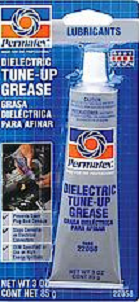
Dielectric grease is for insulating electrical connections from moisture, and preventing electrical current getting to ground
jimh said:Dielectric grease is a nonconductive grease. Because it is nonconductive it does not enhance the flow electrical current. Electrical conductors should not be coated with dielectric grease prior to being mated. However, dielectric grease is often applied to electrical connectors, particularly ones which contain rubber gaskets, as a way to provide a nonconductive lubricant and sealer for the rubber portions of the connector.The widest use of dielectric grease is in high-voltage connections associated with spark plugs. The grease is applied to the rubber boot of the plug wire. This helps the rubber boot slide onto the ceramic insulator of the plug. The grease also acts to seal the rubber boot, while at the same time preventing the rubber from becoming stuck to the ceramic. Generally spark plugs are in located in areas of high temperature, and the grease is formulated to withstand the temperature range expected.
Another common use of dielectric grease is on the rubber mating surfaces or gaskets of multi-pin electrical connectors used in automotive and marine engines. The grease again acts as a lubricant and a sealant on the nonconductive mating surfaces of the connector. It is not recommended to be applied to the actual electrical conductive contacts of the connector.
heatsink compound is used to to provide a transfer path,too speed heat transfer rates from two components surfaces placed together to allow the hotter component to cool off faster, and generally contain super fine, powdered, silver,copper or titanium in the grease this is whats used under ignition modules
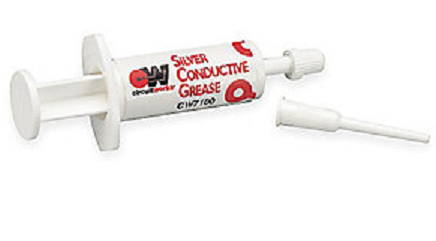
http://www.w8ji.com/dielectric_grease_v ... grease.htm
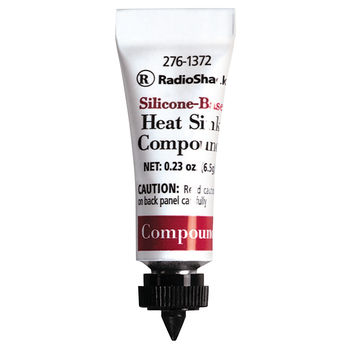
http://www.radioshack.com/heat-sink-gre ... se&start=1
http://www.dowcorning.com/content/etron ... &WT.srch=1
http://www.dowcorning.com/content/news/ ... ws_amd.asp
http://www.grainger.com/product/CHEMTRO ... ?$smthumb$
http://garage.grumpysperformance.com/index.php?threads/blue-hazy-light-under-the-hood.12017/
a great many electrically conductive surfaces are subject to oxidation and corrosion especially things like battery grounds on frames and the newer screw on the side battery cable connections, and battery to starter connections,so coating those higher amp rated connection points with a good anti corrosive, and moisture resistant and electrically conductive paste , grease or anti-seize would seem to be a good idea.
I know I can,t be the only guy that used to occasionally find when I hit the ignition key and got a click but the starter would not work, and found that a loose battery connection on the cable was at fault!
http://www.2spi.com/catalog/vac/silver-filled-grease-techdata.html
http://www.cool-amp.com/conducto_lube.html?gclid=CNKs1MD-sMYCFZKBaQodGswC6A
http://www.w8ji.com/dielectric_grease_vs_conductive_grease.htm
http://www.carid.com/loctite/copper...Put_9z-sMYCFQGGaQodOMID_Q#product-details-tab
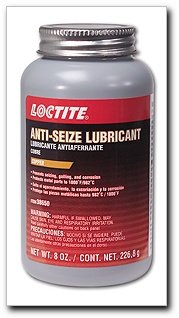
removing battery cable corrosion with coke, baking soda and correctly
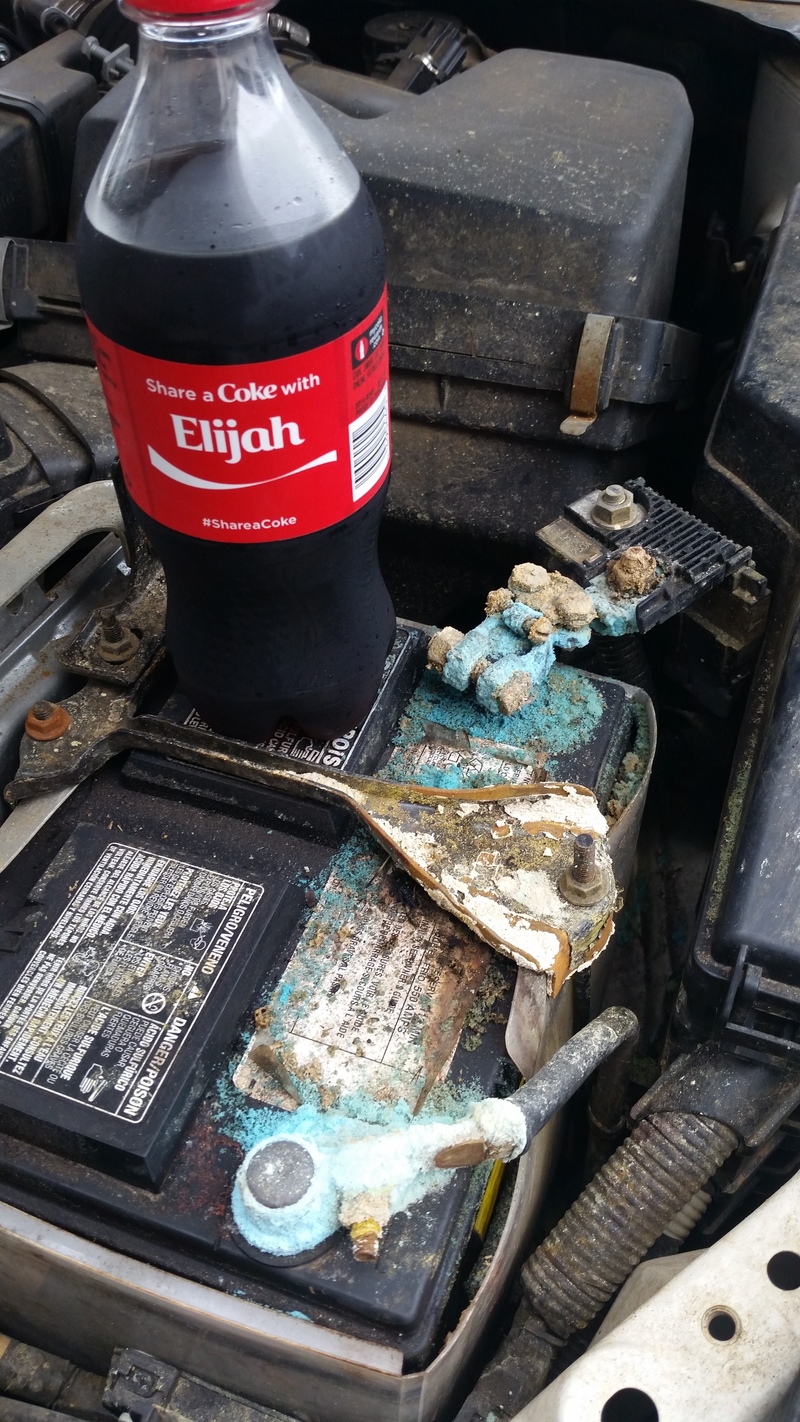
use of a battery post cleaning brush tool is usually helpful
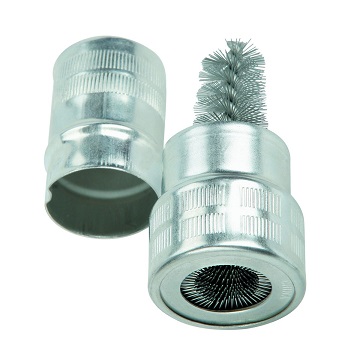
use of this common anti-seize paste on the connecting surfaces noticeably reduces corrosion and helps electrical conductivity
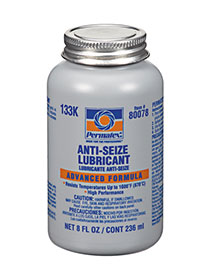
http://www.harborfreight.com/battery-terminal-cleaner-94450.html
Last edited by a moderator:
